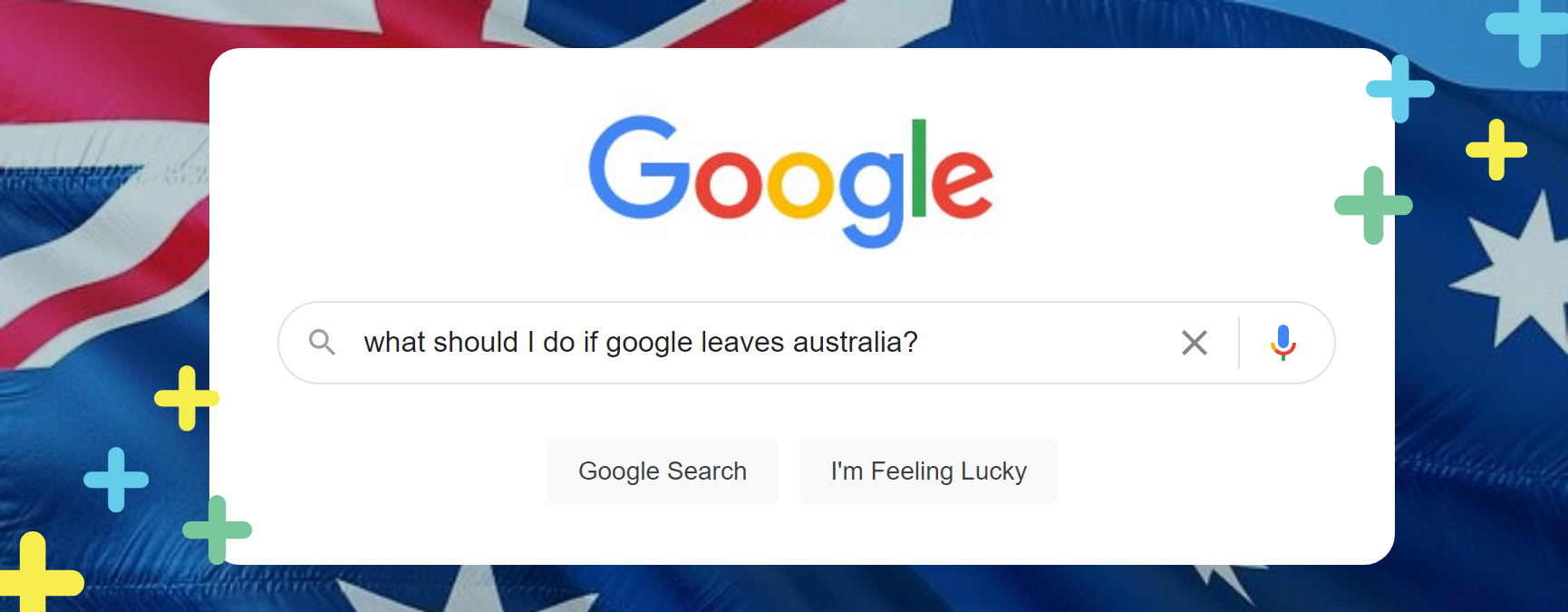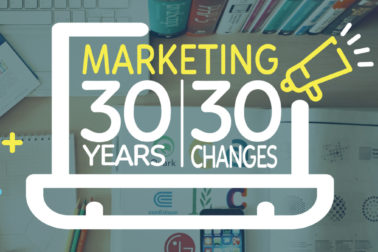If you rely on Google for your business, you’re probably worried about their threat to leave Australia. We don’t think they will leave – they have too much to lose in ad revenue – but if they do, how should you respond?
The need for online search will not go away. It will be quickly replaced by the next best option. At the moment, Google accounts for the lion’s share with 95% of Australian search engine market.
Bing is a distant second at 3.65% – but currently it is the next best option. The Bing search algorithm also powers several other search engines, including DuckDuckGo and Yahoo. This means these platforms are also covered by the Microsoft (Bing) Ads platform – which offers full importation from Google Ads.
Our first response for our Google Ads clients will be to immediately transfer to Microsoft Ads. Any successful business should focus on where the customers are, not on a preference of channel. It might be hard to let go if you’ve been using Google Ads for years, but if you wait to transfer, you could be missing out on great opportunities for conversions and low cost-per-clicks.
Google Ads is one thing, but organic (unpaid) search is a whole other can of worms. Search engine optimisation tactics have been focussed on Google Search for the longest time because most searches come from Google. But Bing uses a significantly different search algorithm.
However, it does share some similarities. Both Google and Bing place high credence on keywords in your page titles and meta-descriptions – along with H1 and H2 tags in on-page content.

If you haven’t optimised your page titles and meta-descriptions on your website, start with those – they’ll improve your website traffic no matter the search engine. H1 and H2 tags are the headings on your web pages – H1 should be used only for the main page heading, and H2 tags are a smaller heading which can be used throughout your content.
Another factor which will remain just as important is the quality of your website – how fast it loads, how relevant the content is to your customers, and how easy it is to navigate. These factors do influence search rankings, but they’re also the ultimate deciding factor whether your customers convert online – Google or Bing, if your website takes too long to load, people are leaving.
If your website is optimised to perform in line with your bottom-line business goals, you’re already halfway there. If it provides a good user experience and is optimised to perform, then it doesn’t matter where your website traffic comes from – it’s about what happens once it gets there.
It’s not all about search engines though. The best marketing strategy is a diversified strategy, one that doesn’t rely on any one channel to get results. If your business is using social media marketing, email marketing, or traditional advertising – consider how you could use those to fill the gap Google’s departure might leave in your marketing mix.
At the end of the day, it is about being where the customers are. And if Google leaves Australia, there certainly won’t be any customers on there. So, you’ll have to look elsewhere. Remember, this change would impact every business in the country, so it’s not the end of the world – and the first ones to adapt will come out on top.
If you’re not sure of the best way to react, let us help you. Get in touch for a no-obligation one-hour consultation and we can talk about some strategies to get results for your business online – Google or no Google.


